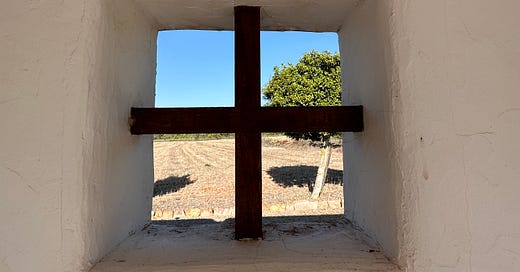August 9th, 2023
The easiest way to start an essay is to anchor yourself in space. To describe where you’re sitting (at a square, wooden dresser that has been transformed into a desk) and where you are (in a guest room at the house I have rented for the month, in Ibiza) and if it’s relevant, what you are doing (recovering from food poisoning that, for w…
Keep reading with a 7-day free trial
Subscribe to The Cereal Aisle by Leandra Medine Cohen to keep reading this post and get 7 days of free access to the full post archives.



